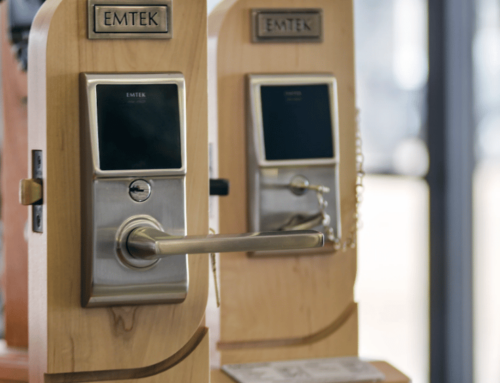Technology has had a profound impact on the way we live our lives. This is no secret—and it’s easy to understand. But it’s worth repeating: Forty years ago, nobody imagined a computer could be smaller than a room. Thirty years ago, the idea that everyone would carry one seemed absurd. Twenty years ago, the thought that your entire life could be managed from a device in your pocket was unthinkable. Ten years ago, wireless social interaction felt like science fiction. The phrase “never say never” holds true—what seems impossible today could become an everyday reality in just a few years.
Locksmithing may appear to be a straightforward industry. It’s all about security. You have something of value—a home, a safe, a deposit box—and you want to ensure that only trusted individuals can access it. While the goal remains constant, the means of achieving it evolve over time. Traditional locks typically use a pin-tumbler mechanism: a series of small pins block the plug from rotating until the correct key aligns them properly and grants access.
The rise of mass production and interchangeable parts led to the innovation of rekeying. If a lock owner suspects their security has been compromised, a locksmith can rearrange the pins inside the lock to work with a new key—without needing to replace the entire mechanism. This process, invented in 1863 by a New Jersey locksmith, has remained relevant into the digital age. Today, rekeying also refers to changing encryption keys in secure communications, showing how security evolves alongside technology.
The professionals at A-1 Locksmith understand the history and future of security. From traditional rekeying to cutting-edge electronic systems, they handle all locksmithing needs in the Dallas/Fort Worth area. Call (972) 284-7500—available 24/7.

















